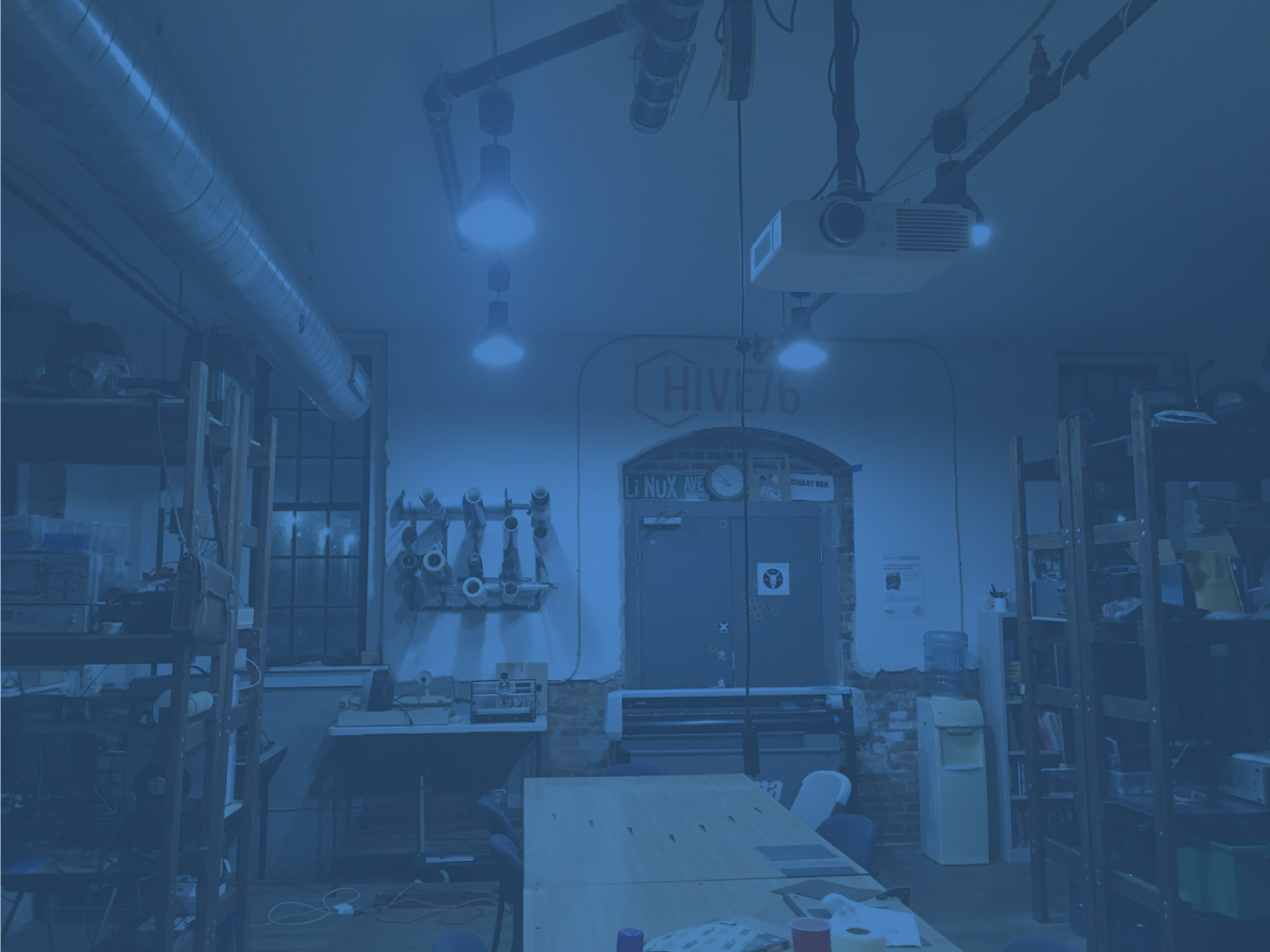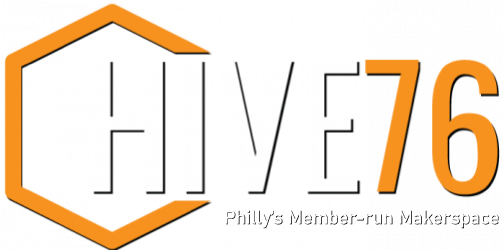You can never have too many LEDs. One way to run a whole bunch of LEDs is using the MAX7221 or MAX7219 display interfaces. These devices allow you to run 64 LEDs per chip using an SPI interface. The demo below is showing an early prototype of an MSP430 library for the MAX chips that was developed here at the Hive. These particular displays have three MAX7221 chips on them — and we happen to have these displays in abundance due to some fortuitous dumpster diving (the secret — dive to the very bottom, and disregard the smell).
At any rate, the library is a nice introduction to the SPI protocol and MAX7221 chips, and it’s pretty useful besides. Here’s a link to a zip file that has the library and some demo code.
Also, I tossed in a video of the LaunchPad controlling a laser scanner mirror — just because it looks cool (the program is extremely simple)





